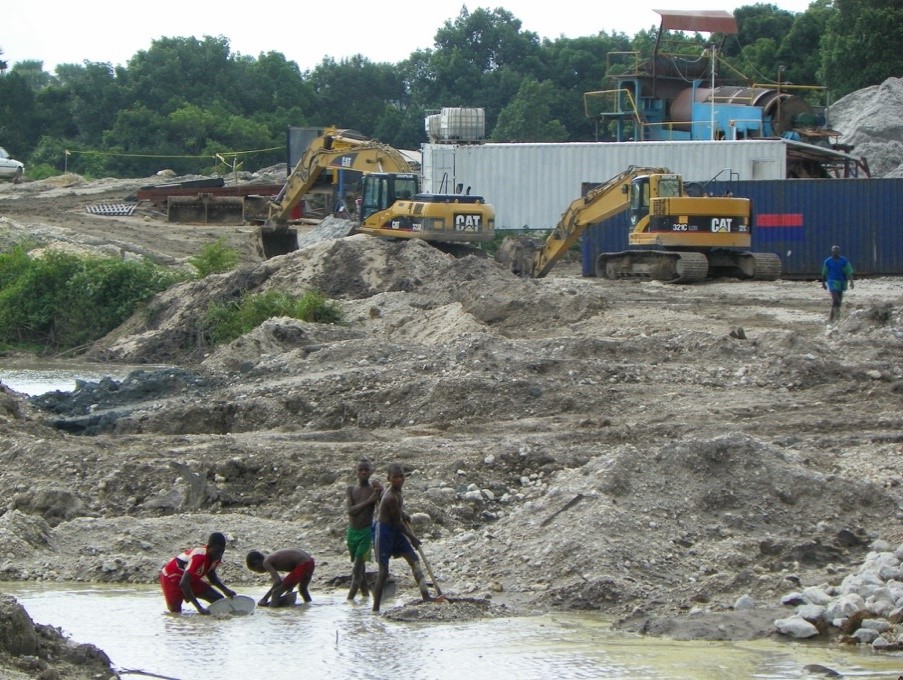ESr Project 11
Toxic Exposure. Production, Pollution and Human Security
Supervisors Paul Wenzel Geissler (University of Oslo) and Jose Munoz (University of Edinburgh)
Anthropogenic toxicants from mining, industry, farming and animal husbandry, waste recycling and disposal spread and accumulate around the globe. Their harmful effects rapidly overtake infectious diseases as sources of human morbidity and mortality. Environmental pollution is a particular challenge to human security in Africa. For political economic as well as geographical reasons, people in the African region are particularly exposed to anthropogenic toxicants, and, due to the poor functioning of regulatory and monitoring infrastructures, they are particularly vulnerable to their harmful effects.
This PhD project will ethnographically examine a set of environmental toxicants, such as pesticides, antibiotics, heavy metals or organic compounds, and explore, in a given geographical area, people’s engagement with these toxicants through work, food and other mechanisms, as well as attendant notions of risk and justice. It will also study relevant regulatory and monitoring infrastructures, as well as policy-making and implementation. Moreover, this project could engage with local and international activism concerning environmental toxicants, potentially drawing on citizen’s science and engaged anthropology.
The project will be based on 12 months of ethnographic fieldwork, including 3 months of secondment to a non-academic institution working in the field of pollution and environmental justice and/or health, during which the PhD student will take part in on-going research and intervention programs. One possibility for this is the Tanzania National Medical Research Institutes (NMRI) or the International Pops Elimination Network (IPEN).

Small scale gold mining, Cameroon. Photo: Jose Munoz